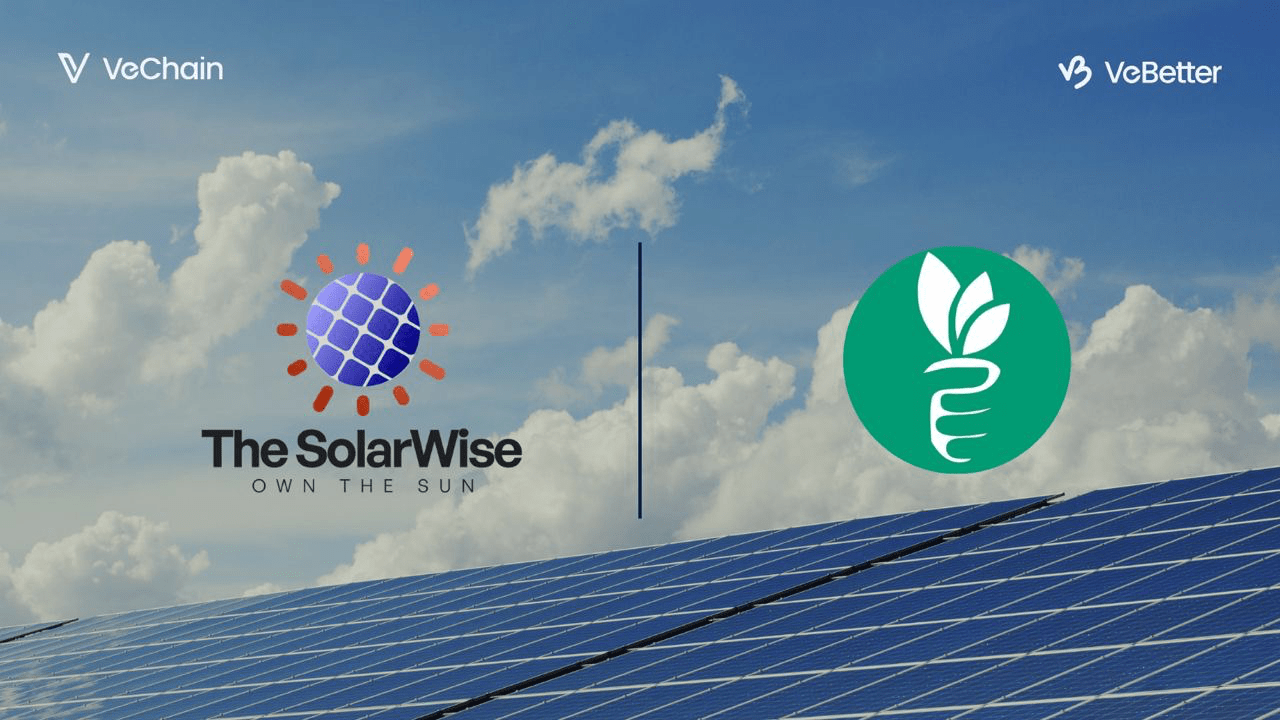Solar Energy
Learn how solar energy works, its benefits, technologies, and adoption strategies empowering individuals to make informed, sustainable choices for their homes and the planet.

The Benefits of Solar Energy on a Global Scale
Solar energy is more than just a way to generate electricity--it’s a key solution for a cleaner and more sustainable world. In this lesson, we’ll explore the major benefits of solar energy and how it positively impacts the environment, the economy, and global energy security.
1. A Renewable and Unlimited Energy Source
Unlike fossil fuels, which are limited and take millions of years to form, solar energy comes from the sun which is an unlimited resource that won’t run out for billions of years. This makes it a reliable and sustainable energy source for the long term.
2. Reducing Carbon Emissions and Combating Climate Change
One of the biggest benefits of solar energy is its ability to reduce greenhouse gas emissions. Unlike coal, oil, or natural gas, solar power doesn’t produce carbon dioxide (CO₂) when generating electricity. This helps fight climate change and reduces air pollution, leading to cleaner air and a healthier planet.
3. Lowering Dependence on Fossil Fuels
Many countries still rely on fossil fuels to generate electricity, making them vulnerable to price fluctuations and supply shortages. Solar energy reduces this dependence, providing a stable and locally sourced energy solution that enhances energy independence.
4. Economic Growth and Job Creation
The solar industry has created millions of jobs worldwide. From manufacturing and installation to maintenance and innovation, solar energy supports a growing workforce. As demand for renewable energy increases, so do opportunities for employment and economic development.
5. Energy Access for Remote and Developing Areas
In many parts of the world, people live without access to reliable electricity. Solar power can provide energy to remote and off-grid communities, improving quality of life by powering homes, schools, hospitals, and businesses without the need for costly infrastructure.
6. Reducing Electricity Costs for Homes and Businesses
Installing solar panels can help homeowners and businesses save money on electricity bills. Once installed, solar panels generate free electricity for decades, helping reduce reliance on expensive grid power. In some cases, excess energy can even be sold back to the grid through net metering programs.
7. Increasing Energy Security and Stability
Solar energy helps stabilize the energy grid by diversifying power sources. By producing electricity locally, solar reduces the risk of power outages caused by fuel shortages or geopolitical conflicts. This enhances energy security for communities and nations alike.
Conclusion
Solar energy is a game changer for the planet, offering a clean, renewable, and cost-effective alternative to fossil fuels. By reducing carbon emissions, creating jobs, and improving energy access worldwide, solar power plays a crucial role in shaping a sustainable future.